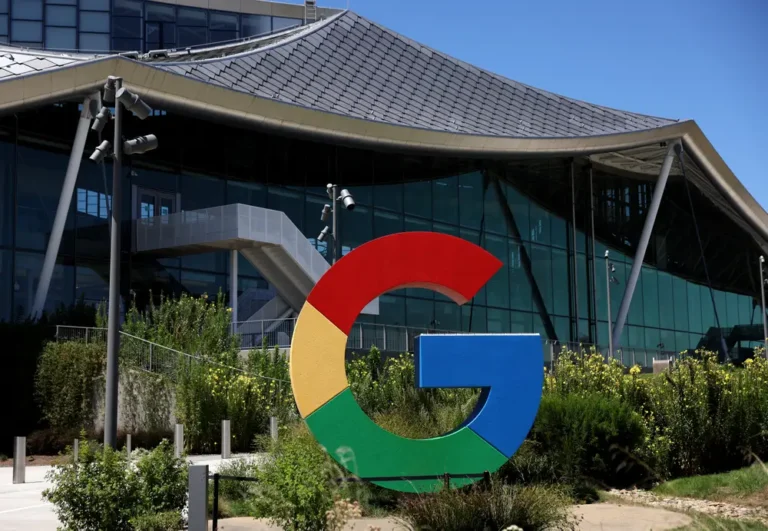Google must pay female cloud exec $1.15 million in gender discrimination suit, jury says

- A New York jury last week said Google discriminated against one of its female cloud executives.
- Ulku Rowe sued her employer in 2019, alleging she was paid less than male peers.
- Google was ordered to pay Rowe over $1 million in damages.
A federal jury in New York decided on Friday that Google discriminated against a female executive because of her gender by hiring her for a lower-paying position than her male counterparts and retaliating against her when she complained.
Google has been ordered to pay the executive $1.15 million in restitution.
Ulku Rowe, an engineering director in Google Cloud’s CTO’s office, filed a lawsuit against Google in September 2019, claiming that she was hired at a lower level and earned less than men in comparable roles at the company, costing her hundreds of thousands of dollars per year.
Rowe’s complaint also claimed that she was denied additional earned compensation that her male counterparts received and that she was passed over for a promotion that ultimately went to a less qualified man.
In response to an inquiry from Insider, Google spokesperson Courtenay Mencini first emphasized the jury’s finding that Rowe had been fairly compensated and leveled throughout her tenure at the company. Google is contesting the claims of discrimination.
“We disagree with the jury’s finding that Ms. Rowe was discriminated against on account of her gender or that she was retaliated against for raising concerns about her pay, level, and gender,” Mencini wrote in an e-mail to Insider. We do not tolerate workplace retaliation and have made our policy public. We take employee concerns seriously, and when Ms. Rowe raised them, we thoroughly investigated them and discovered no discrimination or retaliation.”
Rowe joined Google Cloud in 2017 as the technical director of financial services. She was previously a managing director at J.P. Morgan Chase, where she was the chief technology officer for credit risk technology.
Rowe was hired at Google as a “Level 8 director.” According to her initial complaint, she told a hiring manager at the time that her background and experience should have qualified her for a Level 9 position. According to the complaint, the hiring manager informed Rowe that all technical directors were hired at Level 8. Rowe stated that after accepting the position, she discovered that Google Cloud had hired male technical directors at Level 9, which pays hundreds of thousands of dollars more per year than a Level 8 position.
Rowe’s lawsuit is not Google’s first accusation of enforcing unequal pay standards. Google settled a class-action lawsuit accusing it of underpaying women last year, agreeing to pay more than $118 million to over 15,000 employees.
A set of leaked Google salary data from over 12,000 employees revealed a small median pay gap between male and female employees. Because it was voluntarily submitted, this dataset does not include salary information from all Google employees.
Following a mass walkout by employees protesting the company’s record of sexual misconduct, Google ended its forced arbitration policy, which would have required Rowe to settle the dispute privately.
Forced arbitration clauses, which deprive employees of the right to sue their employers in court, have come under scrutiny in recent years. Microsoft, Uber, and Meta have all joined Google parent Alphabet in eliminating forced arbitration clauses. The clauses are intended to keep employer-employee disputes private, but they can sometimes backfire on businesses. Following Elon Musk’s acquisition of Twitter, now known as X, the company was hit with over 2,000 arbitration cases this year.
Salesforce, which does not have a forced arbitration clause, was sued in federal court in Texas this year by an employee who claimed race discrimination in the company’s DEI unit.






